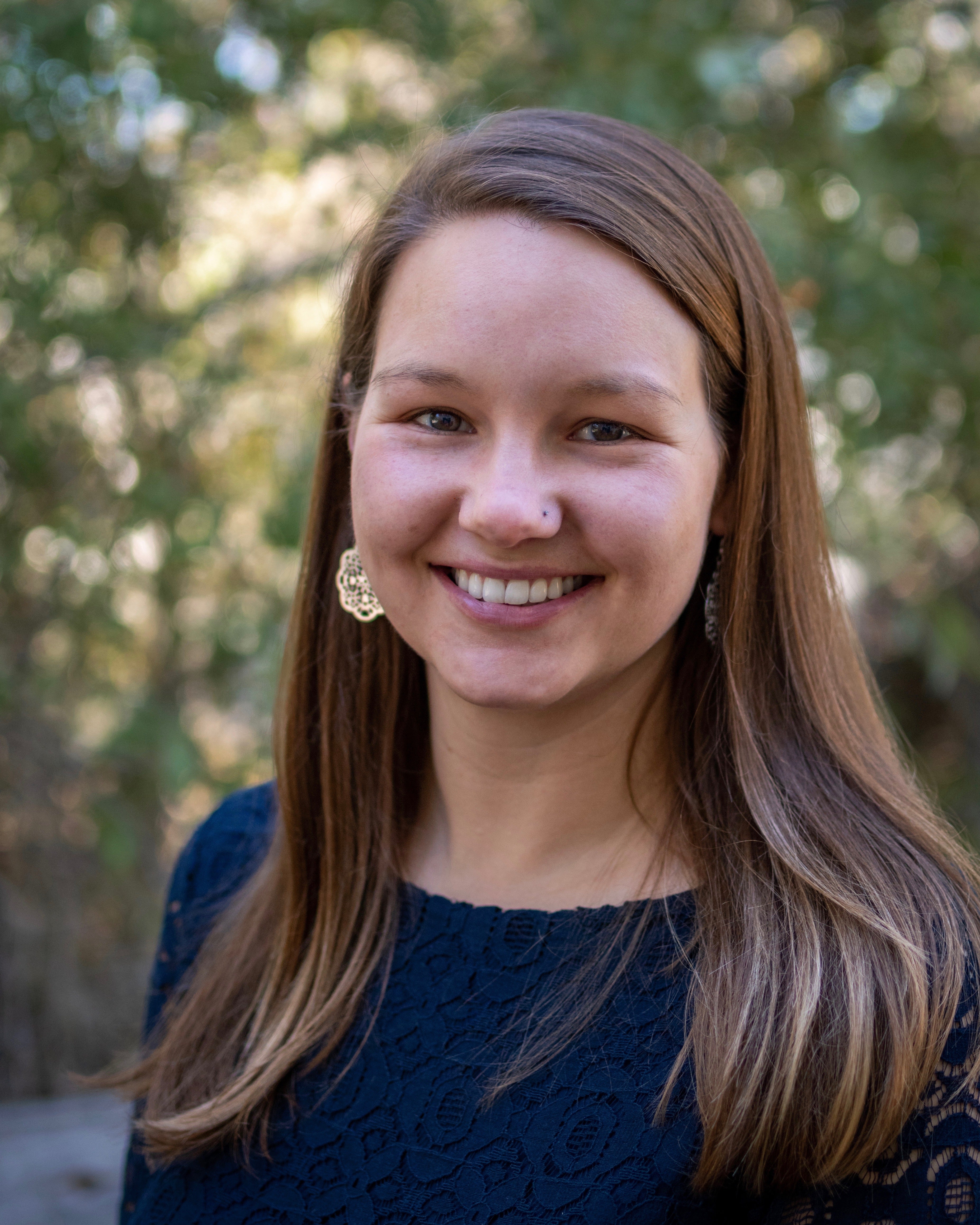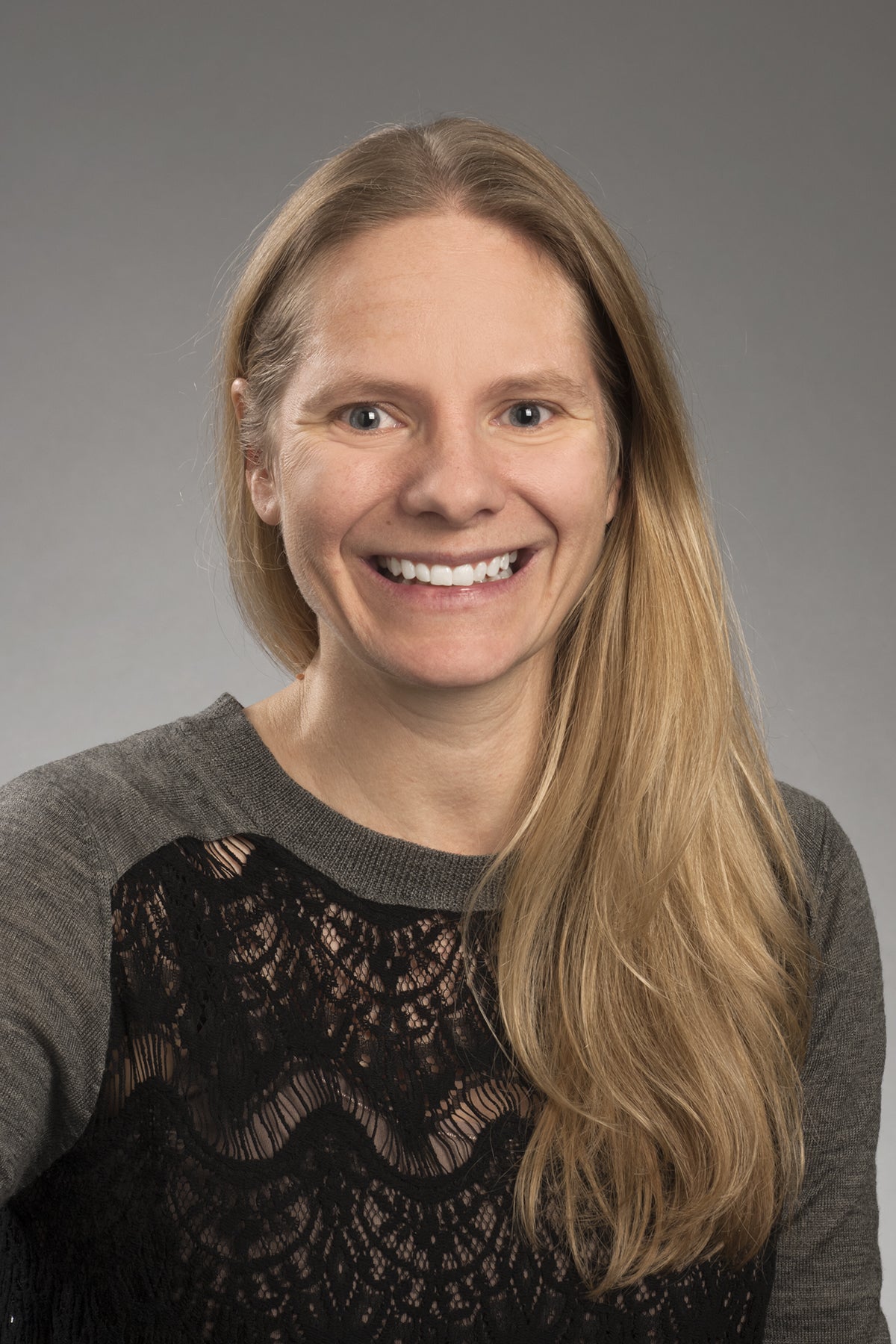A research team with the Curl Agricultural Health Research Lab in the Department of Public Health and Population Science received a $45,000 grant from the University of Washington’s Pacific Northwest Agricultural Safety and Health Center to examine pesticide exposure among Latinx farmworkers.

The team is led by post-doctoral fellow Carly Hyland, and includes Public Health and Population Science Associate Professor Cynthia Curl, Sociology Professor Rebecca Castellano and School of Public Service Professor Lisa Meierotto.
This pilot study will focus heavily on comparing pesticide levels in male and female Latinx farmworkers. The team hopes to then deduce why differences in pesticide exposure may exist.
“There is increasing evidence that female farmworkers experience much higher rates of acute pesticide poisoning at about two times that of their male counterparts,” Hyland said.
The team’s hypothesis is that female farmworkers could be more at risk for pesticide poisoning due to inequities in access to properly fitting personal protective equipment. That equipment is often designed specifically for males, Hyland said.
While not intentional, female farmworkers may not always receive the basic protections afforded to men, such as well-fitting personal protection equipment or access to pesticide safety training, because farmwork has historically been a male-dominated field, according to Curl.

“Idaho is a heavily agricultural state, and our agricultural industry is a major employer,” she said. “Here, and in other parts of the country and the world, women represent an ever-increasing fraction of the agricultural workforce.”
The percentage of women working in agriculture in the US has steadily risen from 21% in 2001 to 32% in 2016, according to the Curl Agricultural Research Lab.
Hyland and the team will begin the main research phase next month, working directly with farmworker participants once pesticide spray season takes place in April through June.
The team’s goal is to recruit 30 female farmworkers and 30 male farmworkers who identify as Hispanic or Latinx. The researchers will then meet with the participants twice throughout the study to administer survey questions about personal protection equipment access, barriers to protection and more. The researchers will also collect urine samples from the participants to detect pesticide exposure.
“This project will help interpret factors that may contribute to pesticide exposure among female farmworkers, and help us design future interventions to reduce this exposure,” Curl said.
The grant funding, which runs through September 2022, will help employ additional research volunteers and fund the distribution of informational materials once the research is concluded, Hyland said.
The research team will partner with two organizations, the Idaho Organization of Research Councils and Boise State’s Project Scienta, to help conduct the research and share their findings.
Hyland said the team will work to develop materials that effectively communicate the results of the study, and promote risk reduction strategies to study participants and community organizations serving farmworkers.
To ensure the research materials reach farmworkers outside the study, the team will partner with Boise State World Languages Professor Carolina Viera, to translate the findings to Spanish.
You can follow the team’s research on Instagram.
Become a donor to support research like this.
Inspired? Let's Chat!
-

Heather A. Jauregui, MSEd
Senior Director of Development